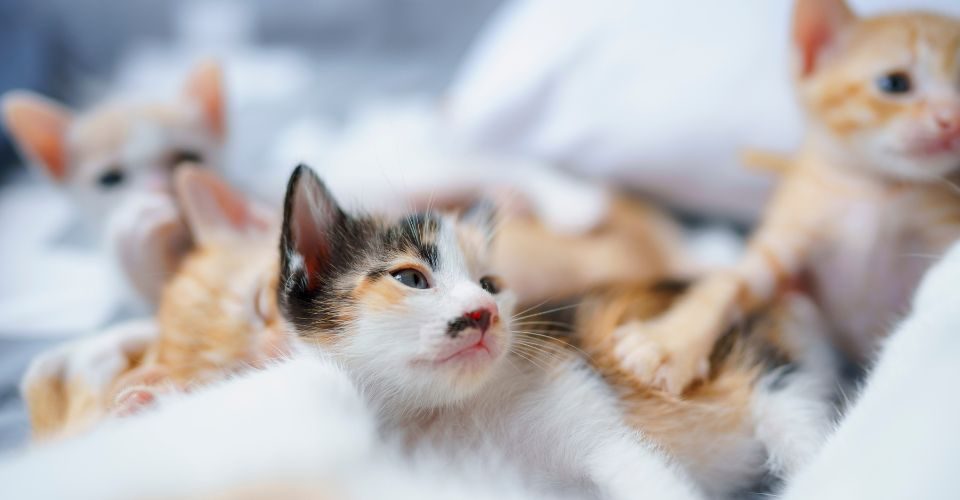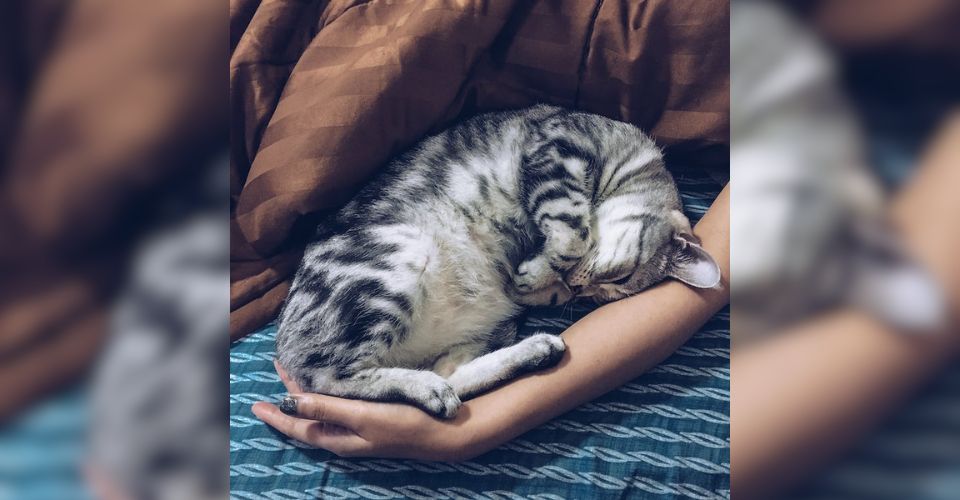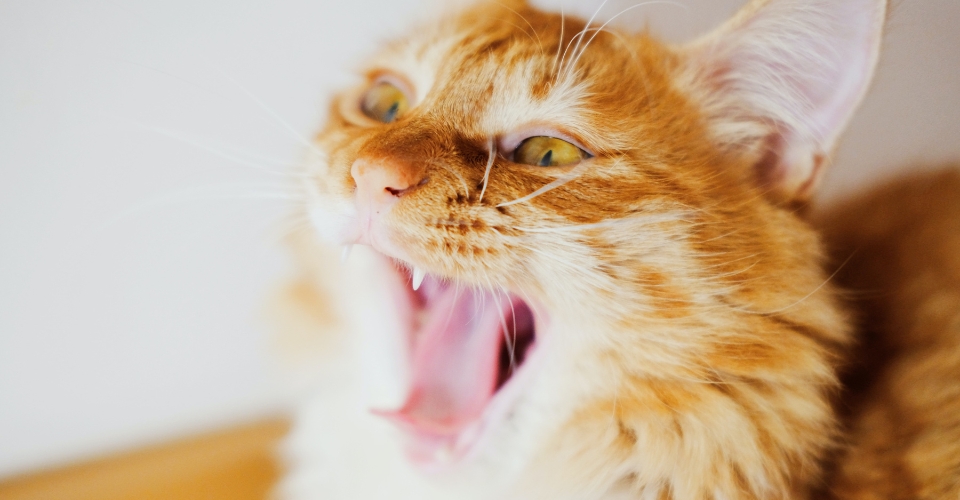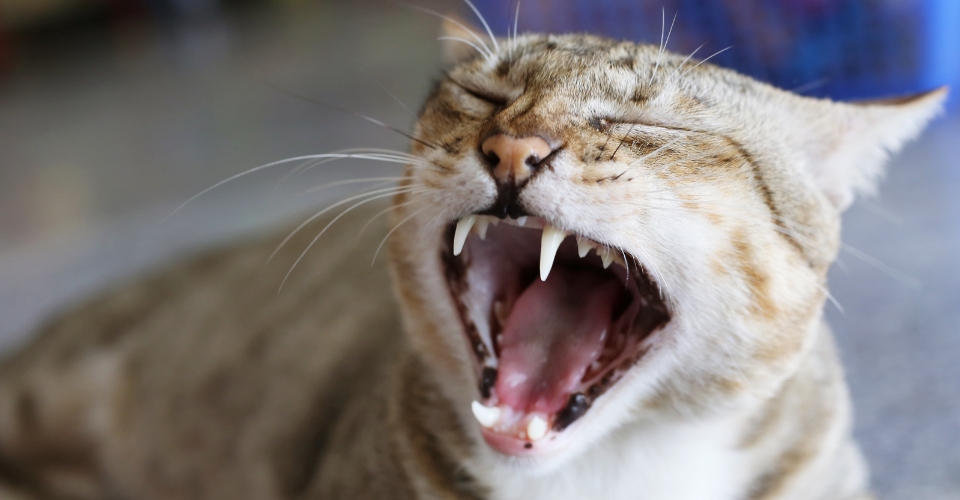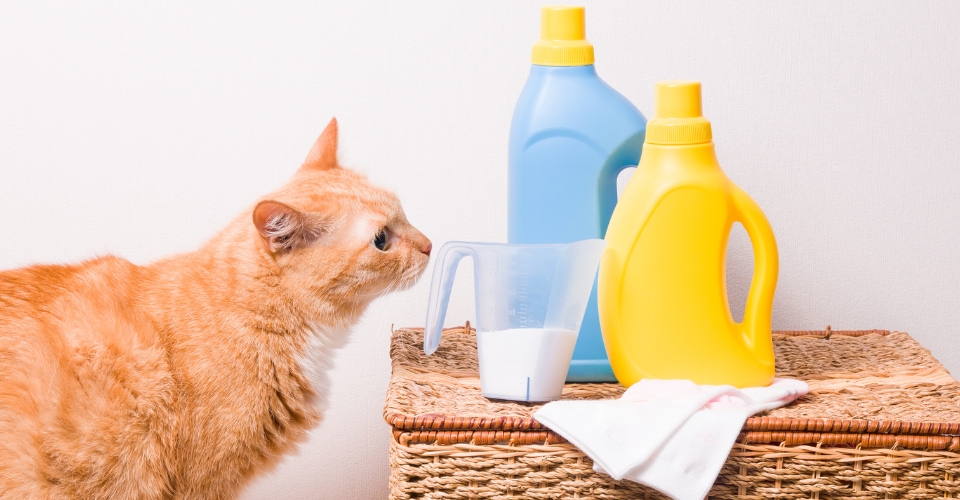Eating fellow beings is recorded in more than 1,500 species in the past and even the present. It is, no doubt, abhorrent and extremely awful to us, but it becomes especially intolerable when it leads to infanticide. This prompts cat lovers to think if such tendencies are prevalent in felines, too: Do cats eat their own babies, one might wonder.
Briefly, yes, they do. But it’s not that straightforward.
Let us dig deeper.
Do Cats Eat Their Own Babies?
Unfortunately, yes, though it is very rare, cats sometimes do eat their babies. Though it may seem to be completely unacceptable and cruel behavior to us, for cats, it is normal and justified to have their own kittens in meals.
Several reasons may prompt a cat to do so.
Why Do Cats Eat Their Own Babies? 7 Reasons
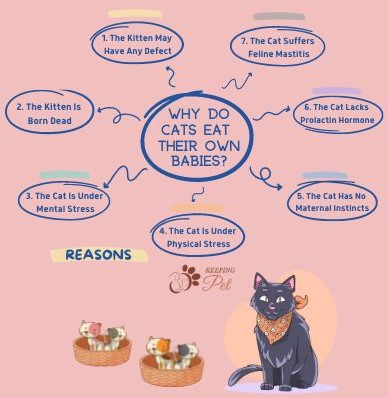
1. The Kitten May Have Any Defect
Having more than 200 million olfactory sensors in their nose, the feline sense of smell is far greater than that of human beings and sometimes even comparable to that of long-nosed dogs. Therefore, cats can easily sense any defect in their offspring by just smelling them.
If a kitten is not alright, say, she is suffering from some disease that is sure to kill her in the future, the mama cat might choose to do it herself for the sake of getting her child rid of any excruciating pain.
In other words, she might go for ‘euthanizing’ her baby herself.
2. The Kitten Is Born Dead
It is very disquieting for cats to deliver a dead baby after about two months of gestation period. But such a feeling might not necessarily be the culprit behind a cat eating her newborn’s corpse. A cat might choose ‘cannibalism’ out of shock, but another – more convincing – reason lies in the smell of the decomposing body.
In the wild, the scent of a dead body is a strong attraction and attention to predators, which can put the mama cat and the litter fellows of the dead kitten at risk. Making a quick decision, cats might opt for eating the dead kitten to curb its smell from reaching predators. Besides, the bacteria from decomposed flesh can also be kept away from other kittens this way.
3. The Cat Is Under Mental Stress
Owing to their survival instincts, cats can easily become nervous and anxious if they face a stressful environment after their labor. Resultantly, any unusual and erratic behavior can be expected from the mama cat, even cannibalism. Fearing that her newborn litter might be eaten by the predators if she fails to protect it, she might decide to consume it herself.
Even if there is no predator nearby, taking care of newbie kitties can still be a stressful job for cats.
Such behavior is more prevalent in first-time mothers. Also, domestication has no effect on cats in this regard: they still get fearful and change their behavior to the most unexpected when it comes to survival.
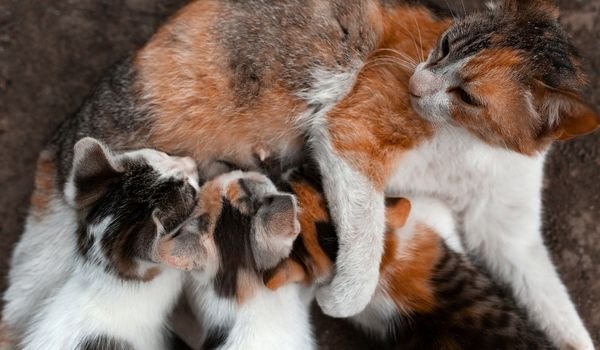
4. The Cat Is Under Physical Stress
After giving birth, nutrient need in cats increases dramatically; in fact, they can reach as high as two to three times the normal requirements. In the wild, a mama cat might not get enough of it at such a critical moment when she has to keep nursing the babies until weaning takes place.
Sensing the compulsion, she might choose to become cold-hearted and eat the weakest kitten in her litter to replenish her nutrients. This way, she ‘sacrifices’ one of her babies to make sure that the majority gets the milk and is properly cared for.
5. The Cat Has No Maternal Instincts
Several behavioral and psychological problems can prop up in cats at any stage in their lives. One of those is not having maternal instincts. The exact reason for this deficiency is still not known; however, it is suspected that it is most prevalent in orphaned felines.
6. The Cat Lacks Prolactin Hormone
Prolactin hormone is vital in cats for different physical changes during pregnancy. Besides, it is also responsible for forging a close bond between her and her newborn kitties. If the hormone is not released properly or is delayed for some reason, the mama cat fails to form a close bond with her offspring, and the litter seems to her just like a group of small, furry rodents.
Perceiving them to be the prey, she eats her own children without realizing that what she ate were her very own babies.
7. The Cat Suffers Feline Mastitis
Feline mastitis refers to the inflammation of mammary glands in cats due to different reasons, the most common one being bacterial infection. As a result, the swollen glands may cause severe pain whenever the mama cat tries to breastfeed her newborns, and, at worst, the infection may transfer to the kittens, putting their lives at risk.
Fearing that the kittens would not be fed properly, the mama cat can have immense mental suffering, and she may resort to consuming her own babies.
5 Ways to Stop a Cat From Eating Her Kittens?
To ensure that your cat does not eat her kittens, you need to keep the reasons discussed above at bay.
1. Make Your Home Stress-Free
Stress can not only lead to a cat eating her own babies, but it can also cause a plethora of other mental and physical issues. To overcome this and make your home environment stress-free, provide enough space in it to cater to the physical needs of your cat (especially if she is a playful breed like the Devon Rex).
Do not let intruder cats enter your premises, offer your cat treats more often, keep her busy (cat trees can help a lot), and never stop getting her toy gifts.
2. Keep Your Cat Healthy
Offer your cat the best food available in the market to ensure that she remains nutritionally fit during and after her pregnancy. The goal is to keep the thoughts of not being fit to feed her kittens away from the mind of your cat. If you are not satisfied with the food ingredients, go for adding nutritional supplements to it.

|
Rx Vitamins Nutritional Support Powder is specially formulated to support your kitty’s overall health. It is a formula crafted by vets and carries the seal of the National Animal Supplement Council. |
3. Keep an Eye on Them
Be watchful of the situation as much as you can. If you feel that your cat is going to make any move on her babies, interrupt her immediately. It could be a difficult task to do so since you might not be around 24/7. Therefore, you can seek the help of pet cameras to execute the job remotely.
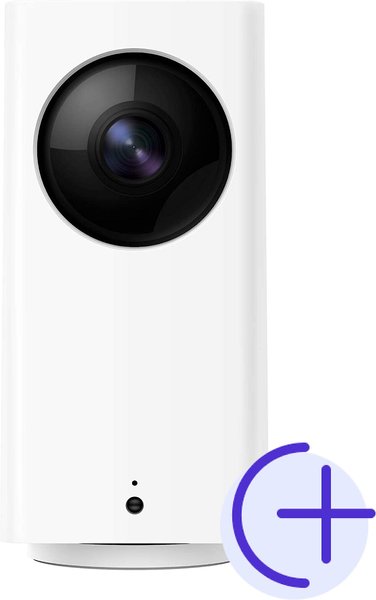
|
Wyze Cam Pan V2 Pet Camera is an important device to monitor your pets when you are not around. Having a two-way audio system, you can shout remotely to interpret the actions of your cat. |
4. Have a Clean Environment
Never put your kitty in a space where the chances of her getting mastitis exist. Similarly, the bacteria in the nearby places can severely jeopardize the health of the kittens, and the mama cat may be prompted to euthanize them.
5. Take Professional Help
If your cat has often been eating from her litter, do not punish her as it is due to her instincts, and if this behavior persists, take her to a vet immediately. A proper psychological assessment and suitable treatment can help a lot.
How to Know If a Cat Ate Her Kittens?
The only way to tell if a cat has eaten her babies is to count the babies frequently – unless the litter is lost. If there is someone less, chances are, she has eaten her baby.
Nonetheless, make sure that the mama cat has some of the problems discussed above to reach this conclusion. Besides, you must wait for at least a few days to conclude because it is also possible that she might be hiding her kittens from you.
Do Male Cats Eat Their Babies?
No, male cats do not eat their babies. They focus on other jobs such as territory defending and getting chances to mate with other females.
Nevertheless, if a male cat becomes attached to a specific litter of kittens, he might end up eating the babies to protect them from predators.
Conclusion: Do Cats Eat Their Own Babies?
Yes, cats do eat their own babies in some cases, though they are extremely infrequent. They might do so when the baby is born dead or with defects, when they are under physical or mental stress, when they suffer feline mastitis, or due to behavioral or hormonal issues. However, this tendency can be managed in pet cats by controlling certain environmental factors and getting the necessary help.

